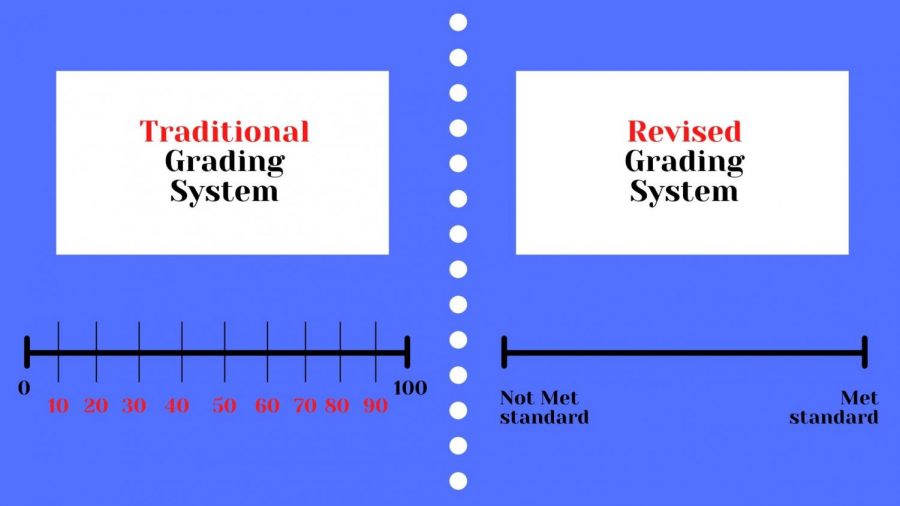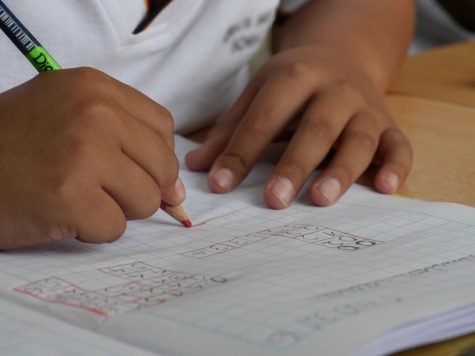Grace over grades
District introduces new grading policies, online course format
After announcing that schools would remain closed through May 1, Superintendent Sara Bonser gave further details regarding Phase III of the district’s remote learning plan following a video conference board meeting April 7.
While the first two phases offered a slow transition from traditional learning by ensuring students had technology and resources, Phase III will rely on Edgenuity, a website for K-12 online curriculum, and revised grading policies, which will prioritize grace over grades.
“I don’t think [the district] could be fair with [these policies] for everyone,” junior Ishani Chakrabarty said. “With most [students] in mind, it’s a good idea. I think there are a few people [they] can’t [make accommodations for], and I don’t blame them for that.”
Because Edgenuity is limited in the number of courses it can provide curriculum for, other teachers continue to use Google Classroom, which some students feel can be complicated.
“It’s not simple,” senior Aayush Triguni said. “I think [Plano ISD] needs to make teachers either pick between Edgenuity or Google Classroom because each one has its own login, calendar and to-do lists, [which] puts more pressure on us.”
“[I’d prefer Edgenuity] over Google Classroom,” Chakrabarty said. “For someone who wants to learn, yeah, but for someone who wants to goof around all day, no. From a learning standpoint, it’d be better off in the long run.”
For individual assignments, teachers will evaluate student participation and performance to determine if students “met standard” or did “not meet standard.” At the end of the fourth quarter, students will receive a 100 for meeting standard and a 69 for not.
“Personally, I don’t like it,” sophomore Deepti Nandakumar said. “While it does aid some students in passing [their] classes that they would not have otherwise, I think it actually hurts those who get A’s and B’s. I think this policy strips many of the sort of differentiation between those who do the bare minimum and those who try hard to excel.”
The district will also cancel the previously scheduled final exams, so students’ semester grade will be the average of third and fourth nine weeks grades.
“For some people, they use the finals as a grade boost, but now there isn’t that option,” Triguni said. “I think certain students are excited they don’t have to worry about it, and it’s probably because they’re just ready to graduate, but there’s some people who need that [grade] to graduate.”
Dual credit classes, however, will not follow the district’s grading guidelines but instead those provided by Collin College.
“I don’t think it’s fair,” Triguni said. “I’m pretty sure other [colleges] don’t have large, major evaluation assessments like we do right now.”
Plano ISD also revised their GPA guidelines, which gives underclassmen the option to opt out of their grades being calculated in the ranking and cumulative GPA for all spring courses. The class of 2020, however, will not have any grades from the fourth nine weeks calculated into their GPA.
“I think [most students] are going to like it,” Chakrabarty said. “You can [opt out] if you want, and I like that. [The lack of pressure] really does change the way you learn.”












